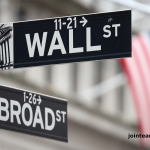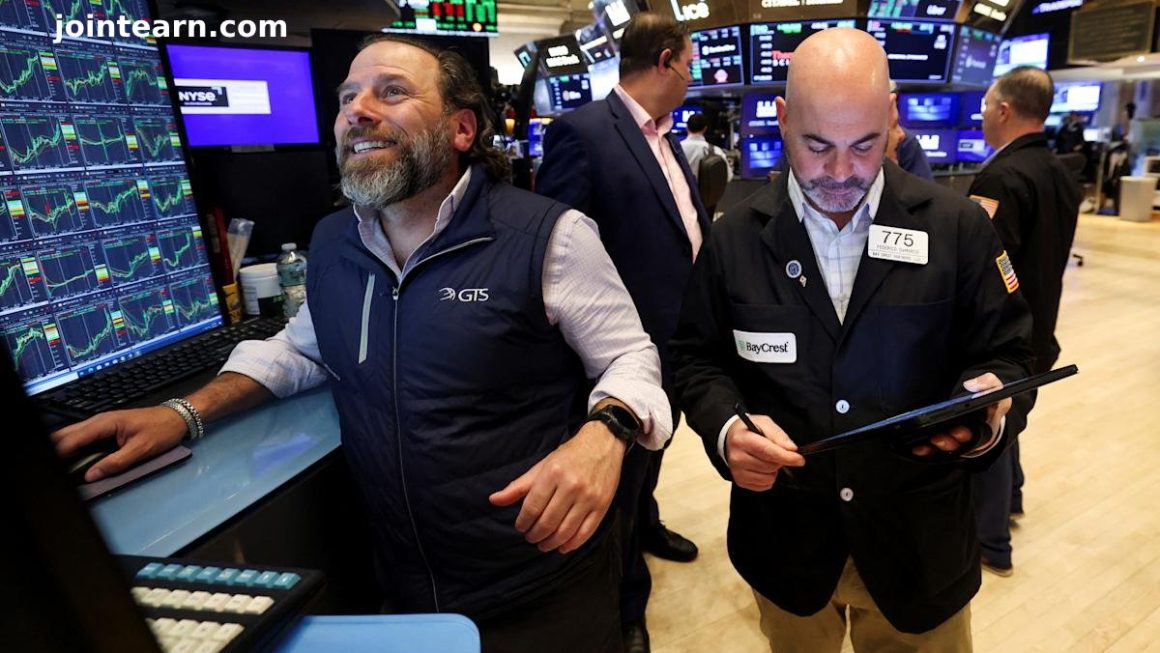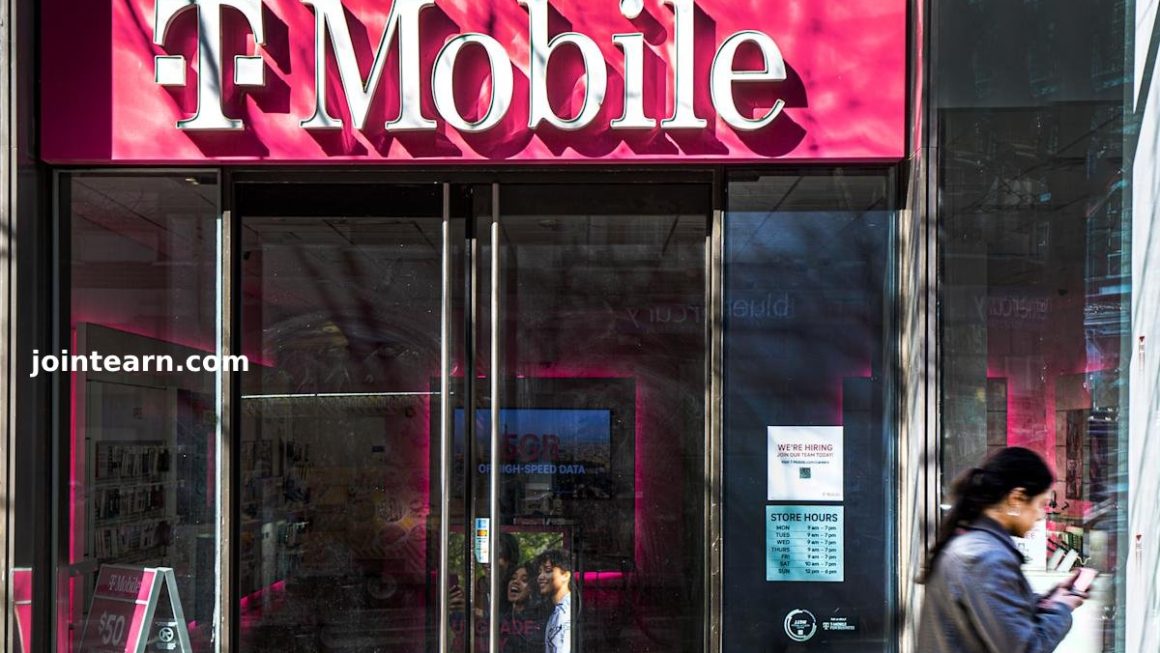The Securities and Exchange Commission (SEC) has once again raised alarm over the rising threat of Ponzi schemes in Nigeria, advising the public to avoid such fraudulent investment platforms and instead embrace regulated financial services. The warning was issued during a public enlightenment campaign organized by the Commission in Abuja, where top SEC officials cautioned citizens on the dangers of get-rich-quick schemes that have duped millions of unsuspecting Nigerians over the years.
The campaign, which was part of SEC’s ongoing efforts to promote financial literacy and investor protection, brought together community leaders, students, traders, and civil servants. During the event, the Commission reiterated that any investment promising unusually high returns with little or no risk is a red flag.
Nigerians Urged to Be Wary of Unrealistic Promises
Speaking at the forum, the Director-General of the SEC, Dr. Emomotimi Agama, urged Nigerians to always verify the legitimacy of investment platforms before committing their funds. He explained that Ponzi schemes often start by offering mouthwatering profits, only to collapse when new investors can no longer be recruited to pay old ones.
“Ponzi schemes thrive on greed, ignorance, and desperation,” Agama said. “We are seeing an alarming increase in the number of Nigerians falling prey to these fraudulent operations. These schemes are not sustainable and ultimately leave investors in financial ruin.”
He noted that the SEC continues to clamp down on illegal investment operators but stressed that public cooperation is crucial to winning the war against fraud.
What Makes a Ponzi Scheme?
According to the SEC, a Ponzi scheme is a fraudulent investment scam that pays returns to earlier investors using the capital contributed by newer investors. It relies on the constant recruitment of new investors to keep the scheme going. Once recruitment slows down or stops, the scheme inevitably collapses, leaving the majority of participants with heavy losses.
Agama warned that Ponzi operators typically disguise themselves as legitimate businesses or online platforms, using social media and word-of-mouth marketing to lure victims. He cited recent cases where Nigerians were defrauded under the guise of foreign exchange trading, cryptocurrency investments, and agricultural cooperatives.
“Always be suspicious of any investment opportunity that guarantees consistent, high returns with no risk. If it sounds too good to be true, it probably is,” he advised.
SEC’s Ongoing Fight Against Investment Fraud
To address the growing menace of illegal investment schemes, the SEC has intensified its monitoring and enforcement mechanisms. Agama disclosed that the Commission has in recent times shut down numerous operations linked to fraudulent activities and has collaborated with law enforcement agencies to prosecute offenders.
“We are taking proactive steps to ensure that these operators face the full weight of the law,” he said. “We are also working with stakeholders to improve financial education among Nigerians, particularly at the grassroots level.”
The SEC boss encouraged the public to report suspicious investment platforms via the Commission’s official communication channels, noting that anonymity and protection are guaranteed for whistleblowers.
Importance of Financial Literacy
Beyond enforcement, the SEC emphasized that the most effective way to fight Ponzi schemes is by promoting financial literacy. Agama noted that many victims fall prey due to ignorance about how investments work and how to assess risk.
“The public must understand that investment is a long-term endeavor. Building wealth takes time, discipline, and knowledge. There is no shortcut to financial freedom,” he said.
To this end, the Commission announced plans to extend its investor education campaigns to schools, markets, and religious institutions across the country. The goal, according to Agama, is to empower Nigerians with the knowledge to make informed financial decisions.
Testimonials From Victims
During the session, several individuals who had been victims of Ponzi schemes shared their experiences. One of them, Mrs. Rita Okon, a small business owner, recounted how she lost over ₦500,000 in a failed “investment club” that promised a 30% return within one month.
“I was introduced by a friend who claimed she had earned from it. At first, I received some small payments, and that gave me false confidence to invest more. Then, one day, the website disappeared, and the organizers vanished,” she said.
Another victim, a university student, shared how he lost his school fees to an online crypto scheme. “They promised double returns in 14 days. I thought it was my chance to grow my money, but I ended up dropping out for a semester,” he lamented.
These testimonies, according to the SEC, are reminders of the devastating personal and economic effects of financial fraud.
What the Public Should Do
In light of these risks, the SEC advised Nigerians to adopt the following precautionary measures:
-
Verify Licensing: Always confirm that an investment platform is registered with the SEC or the Central Bank of Nigeria before engaging.
-
Ask Questions: Seek clarity on how the business operates and how returns are generated.
-
Be Skeptical: Avoid any investment opportunity that guarantees profits without explaining the associated risks.
-
Report Suspicious Activity: Use the SEC’s official website or hotlines to report dubious investment operations.
-
Seek Professional Advice: Consult licensed financial advisers before investing large sums.
Conclusion
As Ponzi schemes continue to threaten the financial well-being of Nigerians, the SEC has reaffirmed its commitment to investor protection and financial education. However, the Commission stressed that citizens must take responsibility by staying informed, being cautious, and refusing to participate in any form of dubious investment.
“Together, we can defeat the menace of Ponzi schemes and build a financially secure future for all Nigerians,” Agama concluded.












